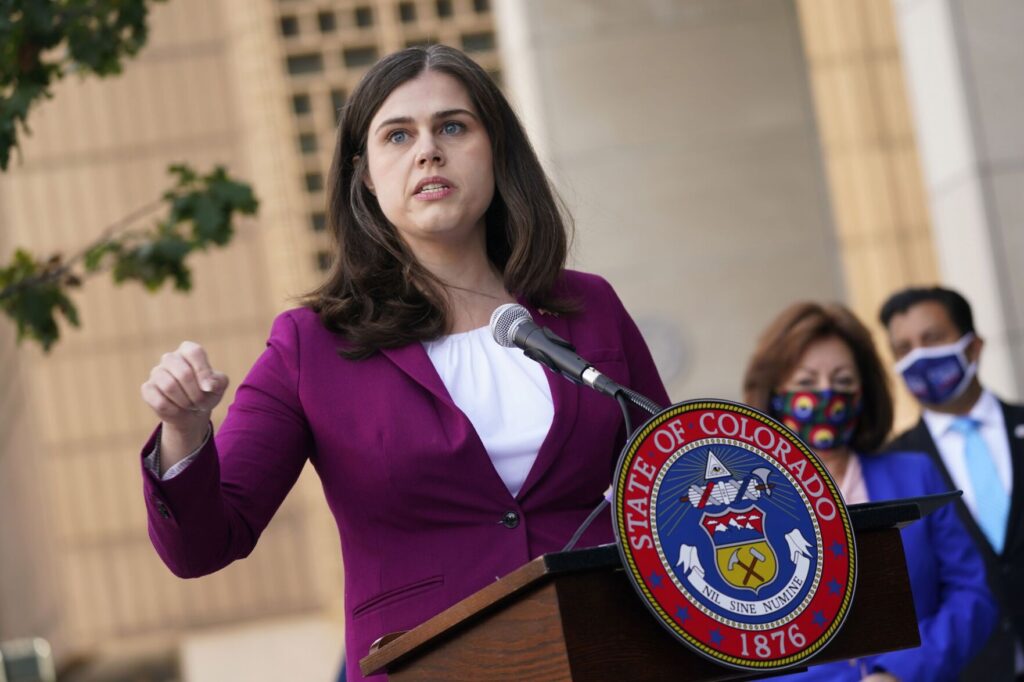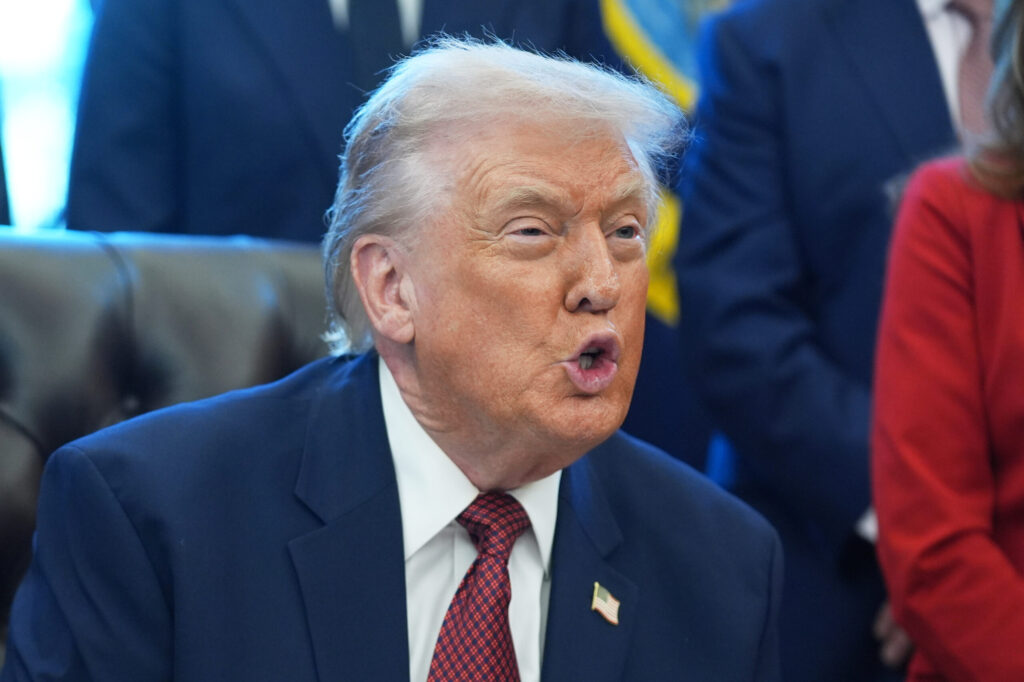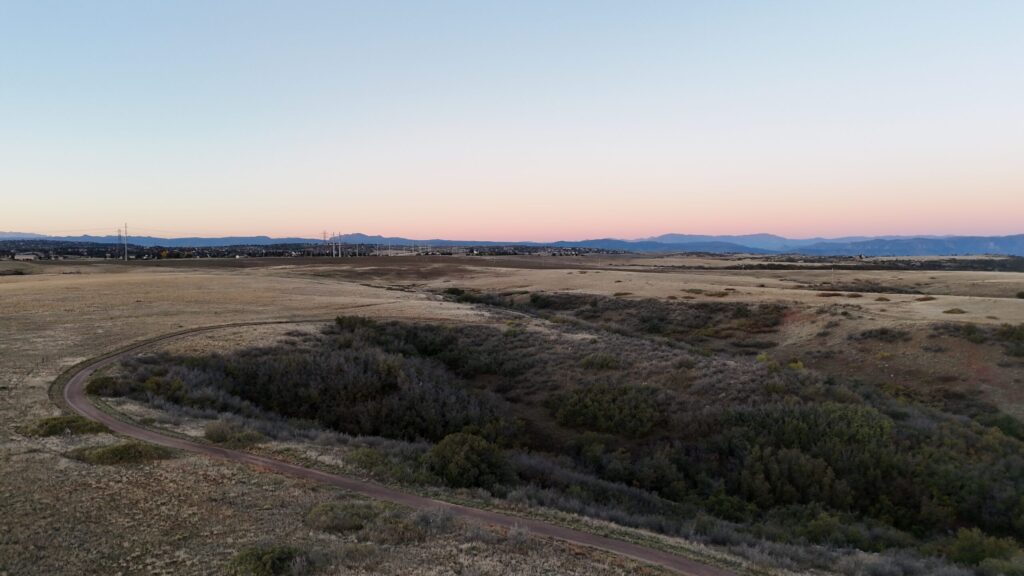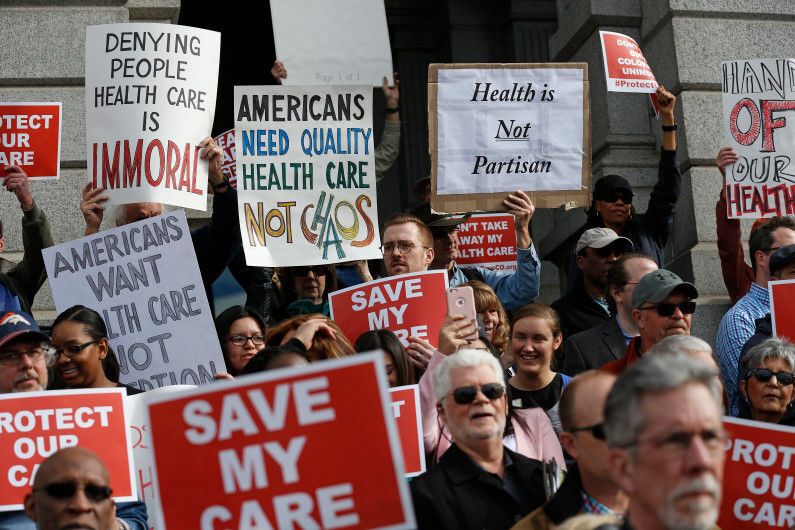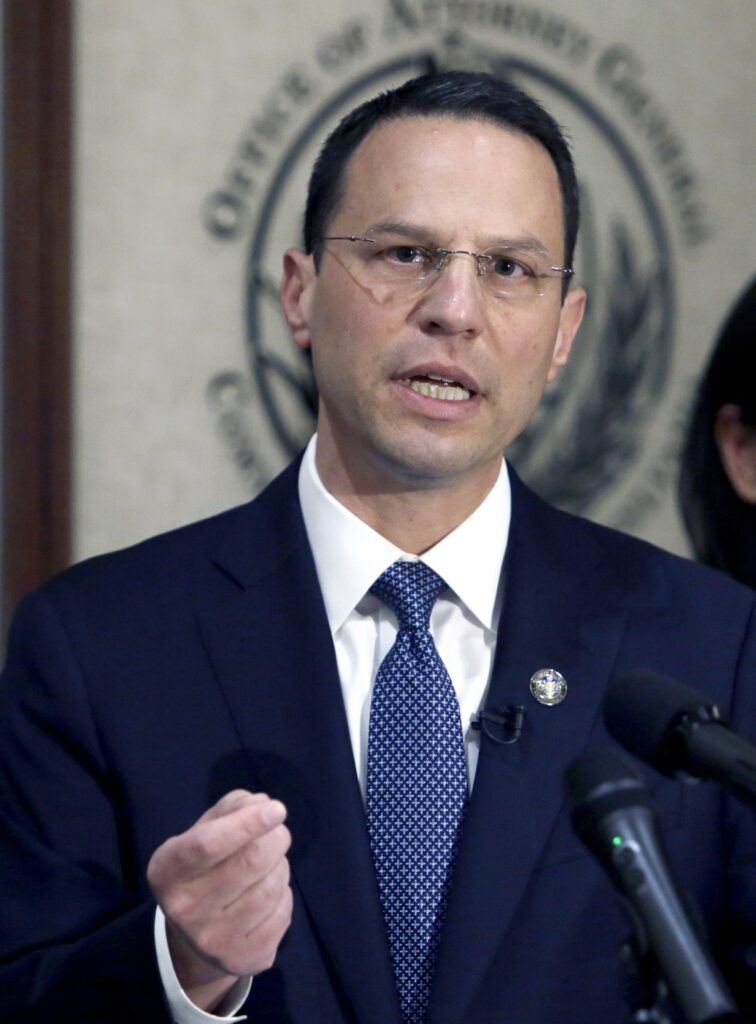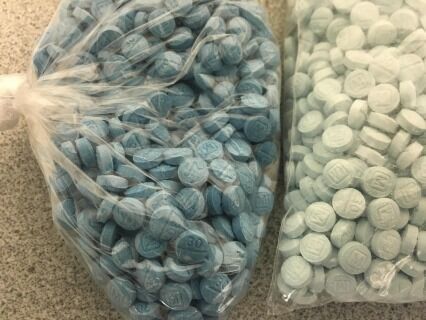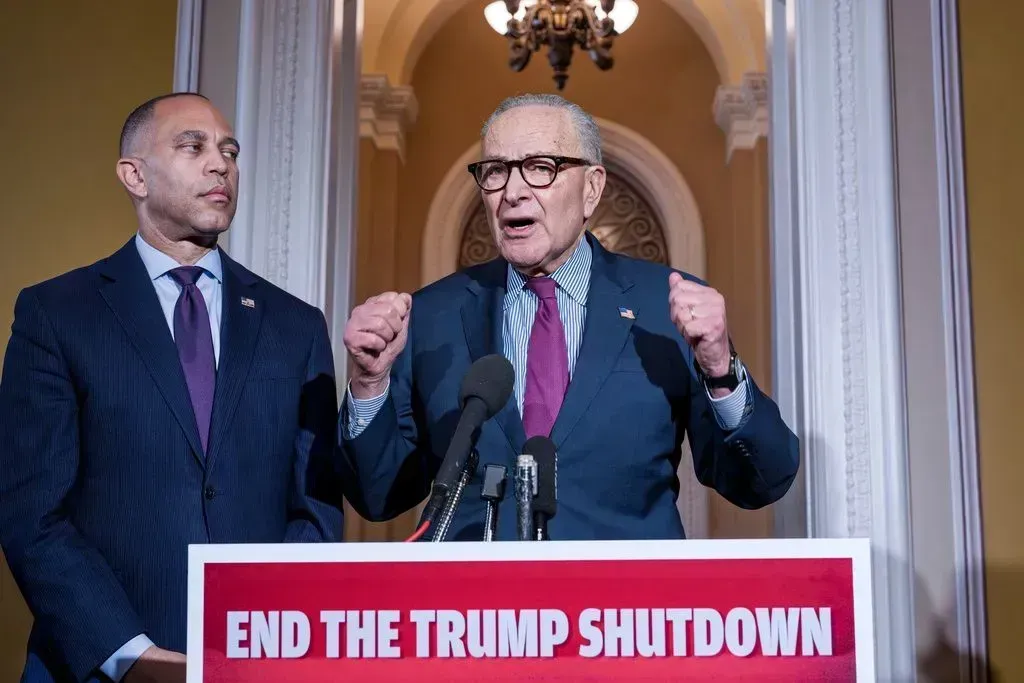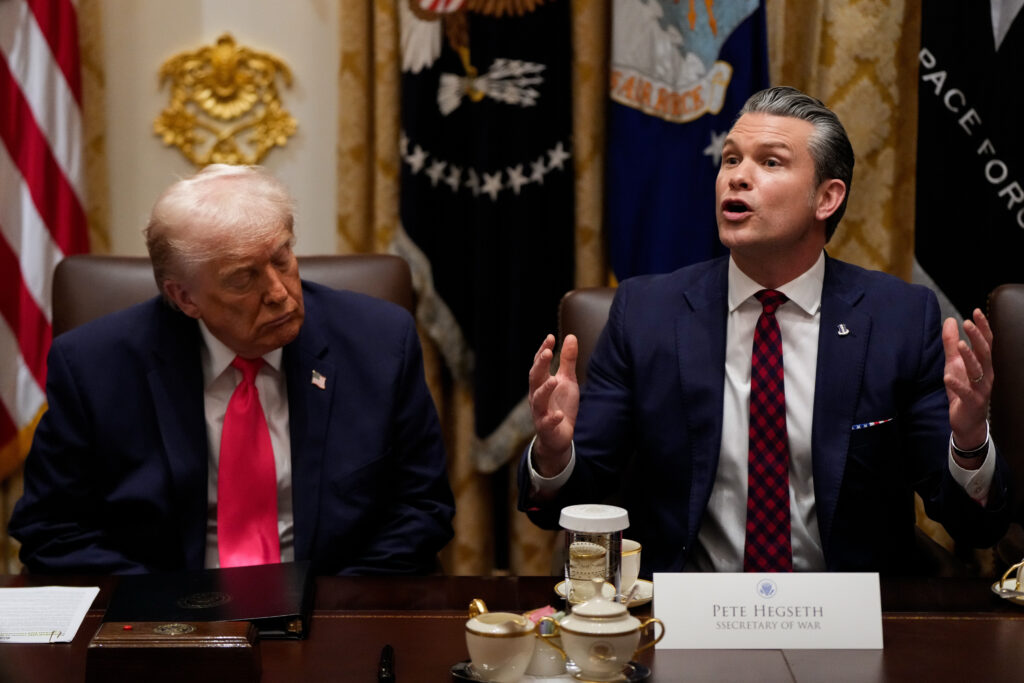Tariffs turmoil: Uncertainty, higher prices, the new norm across Colorado outdoor industries
After more than a decade as a successful entrepreneur, Steve Kaczmarek had a sense for the kinetics of commerce — that invisible web of diplomacy, dollars and demand behind just about every transaction on the planet.
Call it gut GPS.
He listened, in 2013, when his instincts told him to take his garage-born hobby — Borealis Fat Tire Bikes — from grassroots startup to, eventually, a 10,000-square-foot home base off Academy Boulevard in Colorado Springs, an operation that went on to earn inclusion, twice, in Inc. 5000’s annual list of America’s fastest-growing companies.
He listened, in 2022, after the pandemic boom in bike sales combined with shrinking supply chains to threaten the availability of parts, buying the Minneapolis company that imported and supplied Borealis’ fat tires and moving its headquarters to the Springs.
And two years later, when then-candidate Donald Trump vowed that if reelected he would impose higher tariffs on foreign goods from a host of countries, Kaczmarek listened when his instincts urged a decision that broke his heart:
Downsize Borealis, and start closing ranks.
“Everybody in the bike industry has just been kind of scraping by, some have been hemorrhaging money … but we’ve been OK, breaking even,” and owning Terrene Tires “really helped” with that, said Kaczmarek, reflecting back on a fleeting season of hope in early 2024. “Finally, the light at the end of the tunnel was here. We were going to start ordering all our new products, all the molds are ready, the engineering done, and then this happens.”
Trump II. Tariffs.
Borealis Bikes are assembled in the Springs, but a majority of the components are custom made using proprietary molds and designs by suppliers in Asia, primarily China. Prior to Trump’s first administration, the tariffs Borealis paid to bring in components were effectively “zero.”
The 25% tariffs imposed during his first term, and maintained by the Biden administration, have cost Borealis half a million dollars, Kaczmarek said.
“And now tariffs are going up, possibly more than 100%?” he said. “What small business can absorb that?”
A tempest of tariffs
Borealis Bikes isn’t the only Colorado outdoor company feeling the hurt and scrambling ahead of change — on the sales floors, and behind the scenes — as peak season and the delayed squeeze of Trump’s “most beautiful word in the dictionary” get real.
“We’re getting emails every day from partners and manufacturers letting us know that prices are going up … anywhere from 10% to 20% to more,” said Salida Mountain Sports owner Austin Davis in early June, a few weeks after taking over the longtime Arkansas River outfitter. “It’s wild. These tariffs have a dramatic impact, especially in the specialty retail space, for anyone who sells clothing.
“And, yeah, so we’re dealing with the repercussions and navigating it the best we can.”
U.S. trade policy has long included tariffs, which focus the nation’s seismic buying and selling weight as a tool to negotiate better deals in a range of geopolitical arenas.
President Trump has said a heavy-handed tariff policy is needed to rebalance the global scales and encourage a new revolution in domestic manufacturing, which began a slow migration overseas in the decades after World War II.
“Tariffs are about making America rich again and making America great again,” he told Congress, in a speech soon after his return to office.
While tariffs have been applied (rescinded and edited) with a broad brush since, increasing frustrations with China initially led the U.S. to impose a 145% tariff on Chinese goods — before a temporary pause rolled the rate back to 30%, until early August.
Building and maintaining a business on uncertain tariff bedrock is a tough sell, especially for companies already battered and struggling for footing after pandemic chaos, Kaczmarek said.
Tariffs are a long-game, and many small businesses don’t have the financial cushion to be able to wait it out.
Most orders, for outdoor essentials and equipment, must be placed half a year, sometimes 10 months or ahead of time, and those doing the buying pay whatever prices are in place at the time contracts are inked.
In most cases, if tariffs go down, there are no refunds.
“I’m not a vendor, and I’m sure things are hard on their side and their margin is shrinking, but it feels like we don’t have any choice,” said Rachel Leinweber Cosico, of Angler’s Covey.
“It feels kind of like a bait and switch,” she said.
Even all-domestic companies feel pinch
In theory and promises, foreign companies pay for tariffs imposed on goods imported to the U.S.
In reality, Kaczmarek said, tariffs are paid by the companies who need those imported goods, now — a budget basic that’s factored in ahead of time, when planning the books.
Despite the pause on sky-high tariffs with China, a number of brands whose products are sold in Colorado outdoors shops have chosen not to wait for further, final, guidance. Or numbers.
Having a Colorado product whose parts are all domestically sourced doesn’t mean dodging pricing turmoil.
Alpacka Rafts has been producing small, lightweight and sturdy rafts for a quarter-century at its Mancos manufacturing facility. There, specialized fabrics — the kind used in industrial applications and airplane life vests — are hand-stitched into the inflatable, packable rafts for which Alpacka is uniquely known.
Fabric is sourced entirely domestically, something of a rarity in the outdoor industry, said owner Thor Tingey, whose mom founded the company.
“I do love having domestic production. It’s easy to coordinate, easy to work with,” Tingey said.
But that, too, is getting more complicated.
The waterproof coating on Alpacka’s products comes from Texas, Tingey said, and its fabrics from a U.S.-based company.
That textile supplier is, nonetheless, an international company that doesn’t exclusively deal in domestic fabrics. It recently added an across-the-board 2.5% surcharge to prices.
“So even though I’m getting all domestic stuff, rather than charging 10% or 15% more for imported goods, they’re charging everyone 2½% more for everything,” Tingey said. “That’s an extra cost to me.”
He said he’s seen retail prices creep up at other boat-sellers, but Alpacka currently hasn’t adjusted its mid-season prices.
That could change when the company reevaluates, prior to the next cycle.
“After we know more about what the tariffs will be, longer-term … assuming the uncertainty and pauses aren’t just the new norm,” he said.
Bait and switch?
For the record, Angler’s Covey owner Rachel Leinweber Cosico said price rollbacks, even when the situation that drove them up is resolved, are rare.
“Once they go up then tend to stay there, and it just drives a shift in pricing, and whole new baselines,” she said.
The price update stickers on some products at Angler’s are a good indication of the behind-the-scenes mechanisms at play, but to better understand the impact of the current quagmire, Cosico suggested we follow the flies.
Despite their small size and homespun cottage feel, the majority of fishing flies sold in America are made overseas.
“Some, we tie ourselves, or have our guides tie — especially ones that are unique, or that we want in a certain way, and some of our guys are amazing — but flies is about quantity,” Cosico said.
“They come from all over the world, different factories and … and they’re super-tiny, but they make up a huge bulk of our sales because it’s not something you buy once, and then you’re good for the rest of your fly fishing trip. You lose them, or you use them up.”
While the increases amount to pennies, perhaps still too small to dent a budget, the price of flies have gone up markedly. A continued creep bodes inflection points in consumer spending, and choices.
“Maybe they go online, and buy from a huge company that can afford to not immediately pass all those costs to customers,” Cosico said. “But then they’re not getting the expertise, the quality, the community that they get shopping at a local retailer … which they’re also helping to keep in business by shopping there.”
Cosico said Angler’s has chosen to end its contract with at least one company, which cited tariffs in a recent message outlining a dramatic spike in its ongoing pricing model.
“Especially on the retail side, it’s been a little bit nuts,” Cosico said. “I will say it has definitely strengthened our relationships with the vendors that make even a portion of their products in the U.S., because those are still either in stock or it’s our same cost.”
Some vendors require their products be sold at MSRP, regardless of what’s happening on tariff fronts, which means an unpredictable, and potentially ever-shrinking margin for retailers.
Not all products will return
Inspiring a rebirth in American manufacturing is a noble idea, said Kaczmarek.
Pulling it off will require more than policy changes and tariffs, but significant investments in both training and funding for America’s would-be entrepreneurs and the brain trust required to dream big, and fill the ranks.
“Colorado isn’t a manufacturing state. Most of the outdoor products are unique and highly specialized, and we just don’t do that here in Colorado. We don’t do it in the United States really anymore,” he said. “I understand the concept of bringing jobs back, but the reality is not all of the things that once were made here, but now are produced elsewhere, are ever going to be brought back.”
Give it a decade, and a “massive technology change,” and then maybe it’s more than a pipe dream.
“Right now, there isn’t anything I buy that can be made in the U.S., at least not cost effectively,” Kaczmarek said. “You can’t do one of these bikes for under $15,000-$20,000 and have everything manufactured in the U.S. And nobody’s going to pay that.”
On a Thursday in early June, Borealis’ sole remaining employee, Dakota Mossbrook, toiled away in an echo-filled space, assembling the parts that remain in stock into the signature bikes that helped an offbeat, off-road sport gain traction locally and beyond.
Borealis downsized to a much smaller facility off Garden of the Gods Road last summer, and is ceding that physical address, moving exclusively online until stock runs out, when the lease is up at the end of July.
Remaining tires, frames, all those awards that used to line the walls and the massive wood conference table, custom-made in Boulder, are bound for the newly rented storage unit, Kaczmarek said in early June.
“We’re in a good financial position, because we saw this coming,” he said, gazing around a warehouse that used to be stacked to the rafters. The top half of a 20-foot ladder, propped against the far shelving, now dangles over empty space.
The next chapter, if there is to be one, will depend on the whims of powers far beyond Kaczmarek’s control.
“Yeah, it’s sad and, in my opinion, totally unnecessary,” he said.
The landlord’s showing Borealis’ soon-to-be former space off Elkton Drive to a prospective new tenant later in the week. Kaczmarek said he wished them both luck.
“I hope there’s another small business owner in a position to be able to move in ….” he said. “I was an economics major. All I know is trade wars don’t work.”
Colorado Politics Must-Reads:




